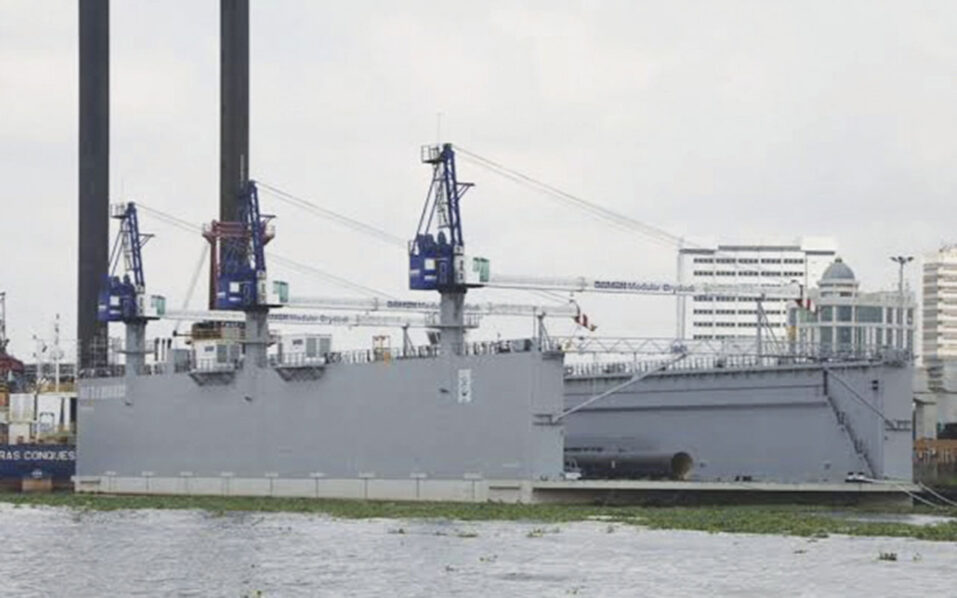NIMASA Seeks Removal Of War Risk Insurance On Nigeria-bound Cargoes.
The Nigerian Maritime Administration and Safety Agency (NIMASA) has launched a campaign to eliminate war risk insurance (WRI) premiums on Nigeria-bound cargoes, a surcharge that has cost the country over $1.5 billion in payments to international insurers in the past three years.
War Risk Insurance: A Lingering Financial Burden
War risk insurance covers losses from acts of war, including invasion, rebellion, and hijacking, and is widely applied in the shipping and aviation industries. NIMASA’s Head of Public Relations, Osagie Edward, disclosed in a statement on Friday that the agency is intensifying efforts to remove these charges, which continue despite significant improvements in Nigeria’s maritime security.
The WRI consists of two main components: war risk liability, covering people and goods aboard a vessel, and war risk hull, covering the vessel itself. These surcharges were originally introduced during the peak of Niger Delta militancy and piracy but have remained in place even though Nigeria has been piracy-free since 2021.
According to NIMASA, the financial impact on Nigeria’s economy is immense. For a Very Large Crude Carrier (VLCC) valued at $130 million, the WRI surcharge per voyage is approximately $445,000, while newer container vessels valued at $150 million incur charges of up to $525,000 per voyage.

Shipping giant Maersk has also imposed a transit disruption surcharge of up to $450 per container, while other shipping lines apply a war risk surcharge of $40–$50 per 20-foot container.
Nigeria’s Security Improvements and Global Recognition
Edward highlighted that Nigeria’s improved maritime security led the International Maritime Bureau (IMB) to remove the country from its list of piracy-prone nations in 2021.
“The security concerns that originally justified these premiums no longer exist. Nigeria has not recorded a single piracy incident in over three years, and in 2021, the International Maritime Bureau (IMB) officially removed Nigeria from its list of piracy-prone countries,” he stated.
He also pointed to Nigeria’s collaboration with the Nigerian Navy and other security agencies through the Deep Blue Project, which has significantly reduced piracy incidents in the Gulf of Guinea. The International Maritime Organization (IMO) has since recognised Nigeria’s efforts in enhancing maritime security.
Despite these achievements, international shipping firms have continued to impose war risk insurance premiums on Nigeria-bound cargoes. In 2023, the International Bargaining Forum further validated Nigeria’s progress by delisting the country from the list of high-risk maritime nations.
NIMASA’s Global Advocacy for Premium Removal
NIMASA has engaged global stakeholders, including Chatham House, the United Nations, BIMCO, and INTERCARGO, to advocate for the removal of these excessive premiums. The agency estimates that eliminating WRI could save Nigeria over $400 billion annually.
Arsenio Dominguez, Secretary-General of the IMO, has publicly acknowledged Nigeria’s achievements in maritime security, reinforcing NIMASA’s push for international insurers to reconsider the charges.
The agency reiterated its commitment to ensuring that Nigerian cargo owners are no longer burdened with unnecessary insurance costs. With piracy no longer a concern, NIMASA insists that the time has come for global insurers to reassess and eliminate the war risk insurance premiums imposed on Nigeria-bound shipments.


